Interview with Mira Weber
.png) An important new project will be presented at this year's Data Centre World. Mira Weber, Project Manager, DENEFF, tells John Bensalhia more about this exciting initiative...
An important new project will be presented at this year's Data Centre World. Mira Weber, Project Manager, DENEFF, tells John Bensalhia more about this exciting initiative...
In the upcoming Data Centre World Frankfurt Show, Mira Weber, Project Manager at Deutsche Unternehmensinitiative Energieeffizienz e.V. (DENEFF), will be speaking about an exciting project. The project will be discussed within the session “Bytes2Heat: Where Waste Heat meets Purpose”. “Bytes2Heat focuses on utilising waste heat generated by data centres,” explains Mira. “Therefore, the various innovative solutions – including a matching-tool connecting heat sources and sinks, a best-practice overview for using low-temperature waste heat from data centres, and a profitability calculator for potential pilot projects - will be presented in this session.”
“Since these tools will be available on bytes2heat.de, our platform for waste heat utilisation will be presented as well. Join our session to learn more about Bytes2Heat's contribution to a sustainable future.”
Greener Future
Mira's background lies in Business Administration, where she developed a strong foundation in management principles, strategic planning, and financial analysis. “Throughout my studies, I have always been passionate about sustainability and have sought opportunities to make a positive impact on the environment and society,” says Mira. “During my voluntary work, I focused on sustainability initiatives and realised how technology is increasingly influencing our lives and has immense potential for shaping a more sustainable future.”
This realisation sparked Mira's curiosity and interest in the world of tech and data, as she recognised the powerful role they play in addressing global challenges and driving sustainable solutions. “I became involved in tech and data-driven projects, exploring innovative ways to leverage technology and especially data centres to promote sustainability, optimise resource usage, and minimise environmental footprints.”
“This journey allowed me to combine my business acumen with my passion for sustainability and dive deeper into the fascinating world of technology and data, where I continue to learn, grow, and contribute towards a greener and more inclusive future.”
As a Project Manager at DENEFF, Mira's role involves leading a forward-thinking project funded by the BMWK, which focuses on harnessing waste heat from data centres and transforming it into a valuable resource. “This initiative aims to create a sustainable, energy-efficient future by making the most of the waste heat generated by these digital powerhouses.”
Inspiring Work
As the Data Centrer Expert within DENEFF, Mira brings her passion for sustainability and technology to the forefront, working with a diverse team to develop innovative solutions for waste heat utilisation. “My role involves bringing research and practice strategically together, engaging and collaborating with stakeholders to identify opportunities for improving, creating and developing effective strategies and tools for implementing waste heat recovery systems.”
“Through this inspiring work, I am not only contributing to DENEFF's mission of promoting energy efficiency within the German business landscape but also helping shape the future of sustainable data centre operations. By leveraging the power of technology and data, we can create a greener, more resource-efficient world, and I am proud to be part of this transformative journey.”
Innovative Solutions
Mira explains that the background of waste heat utilisation from data centres lies in the need for sustainable and efficient energy management. “As data centres consume vast amounts of resources, the generated waste heat is often released unused into the environment. The primary challenges include bringing heat sources and sinks together, ensuring the profitability of waste heat utilisation, and raising awareness about potential applications for waste heat from data centres.”
Mira says that the Bytes2Heat project addresses these challenges by developing innovative solutions like a matching tool to connect heat sources and sinks, a profitability calculator to assess the economic viability of projects, and a best-practice overview showcasing practical use cases for waste heat from data centres.
“By implementing these solutions, the future of waste heat utilisation from data centres looks promising, contributing to a more sustainable and energy-efficient world.”

 Cloud Expo Europe
Cloud Expo Europe


)
)
)
)
)
)
.webp/fit-in/1280x9999/filters:no_upscale())
)
)
)
)
)
)
.png/fit-in/1280x9999/filters:no_upscale())
)
)

